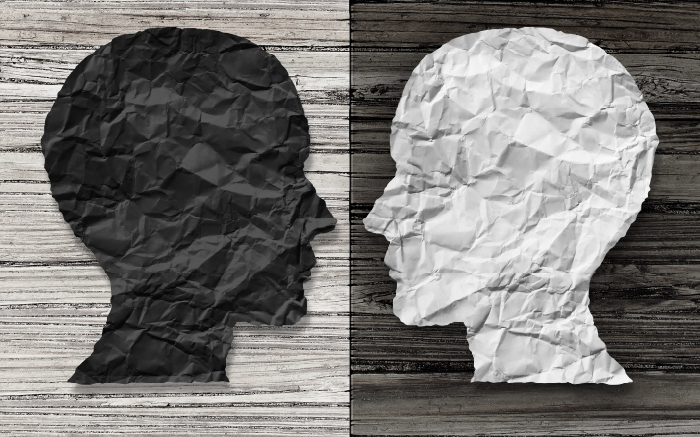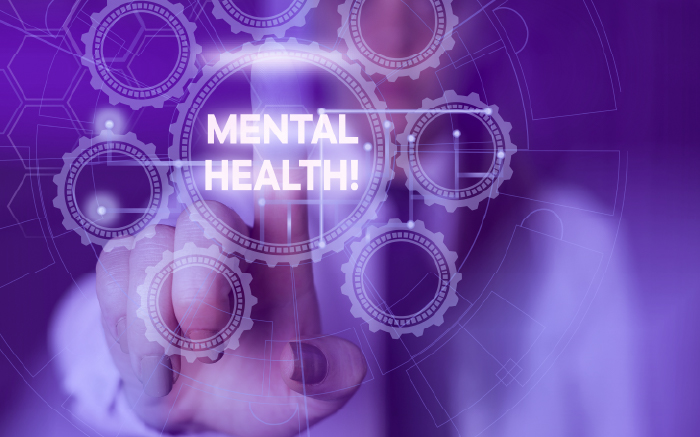While the psychological symptoms of depression are well-documented, its effects on the brain are less understood but equally significant.
In this article, we embark on a journey to explore the intricate relationship between depression and the brain, shedding light on the neurobiological mechanisms underlying this complex condition.
Understanding Depression
Depression is characterized by persistent feelings of sadness, hopelessness, and disinterest in activities once enjoyed. It can manifest in various forms, ranging from mild to severe, and significantly impair an individual’s daily functioning and quality of life. While the exact cause of depression remains elusive, research suggests that a combination of genetic, biological, environmental, and psychological factors contribute to its development.
The Neurobiology of Depression
Depression is not simply a “chemical imbalance” in the brain but rather a complex interplay of neurobiological factors. Numerous studies have implicated alterations in brain structure and function in individuals with depression. Structural imaging studies have revealed changes in the volume and connectivity of brain regions involved in emotion regulation, such as the prefrontal cortex, amygdala, and hippocampus.
Functional imaging studies have shown dysregulation in neural circuits responsible for mood regulation, reward processing, and stress response. Additionally, disturbances in neurotransmitter systems, such as serotonin, dopamine, and norepinephrine, have been implicated in the pathophysiology of depression.
Effects of Depression on Brain Structure
Research has demonstrated that depression can lead to measurable changes in brain structure over time. Chronic stress, a hallmark feature of depression, can contribute to neurobiological alterations, including reductions in hippocampal volume and dendritic branching, as well as impairments in neurogenesis and synaptic plasticity.
These structural changes may underlie the cognitive deficits and emotional disturbances observed in individuals with depression. Furthermore, neuroimaging studies have shown that the severity and duration of depressive symptoms correlate with the degree of structural abnormalities in the brain.
Effects of Depression on Brain Function
In addition to structural changes, depression also affects brain function, disrupting neural circuits involved in mood regulation, cognitive processing, and emotional response. Functional imaging studies have revealed aberrant patterns of brain activity in individuals with depression, including hyperactivity in the amygdala and hypoactivity in the prefrontal cortex.
These alterations in brain function may contribute to the characteristic symptoms of depression, such as emotional dysregulation, rumination, and impaired executive functioning. Furthermore, disruptions in neurotransmitter systems, particularly serotonin and dopamine, can further exacerbate cognitive and emotional deficits in depression.
The Impact of Treatment
While depression exerts significant effects on the brain, research suggests that effective treatment can mitigate some of these neurobiological alterations.
Antidepressant medications, such as selective serotonin reuptake inhibitors (SSRIs) and serotonin-norepinephrine reuptake inhibitors (SNRIs), can modulate neurotransmitter levels and promote neuroplasticity in key brain regions.
Psychotherapy, such as cognitive-behavioral therapy (CBT) and mindfulness-based approaches, can also induce neurobiological changes by promoting adaptive coping strategies and modifying maladaptive thought patterns.
Additionally, lifestyle interventions, such as regular exercise, adequate sleep, and a healthy diet, can support brain health and enhance the effects of other treatment modalities.
Finding Solutions
Depression is not merely a disorder of the mind but also a condition that profoundly impacts the brain. Through a better understanding of the neurobiological mechanisms underlying depression, we can develop more effective interventions and treatments to alleviate symptoms and improve outcomes for individuals affected by this debilitating condition.
By exploring the effects of depression on the brain, we can foster greater empathy, awareness, and support for those navigating the complexities of depression and its neurobiological consequences.






